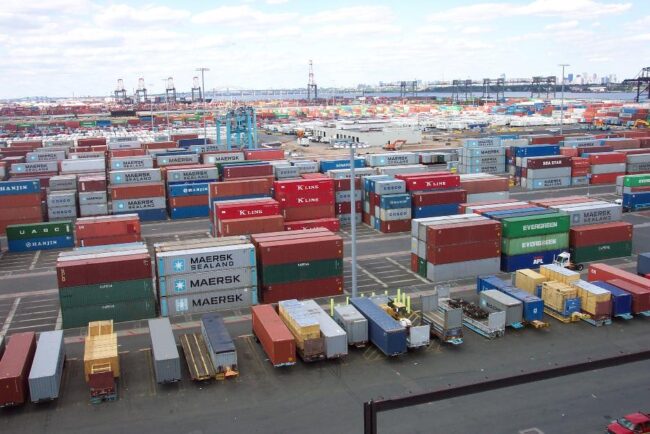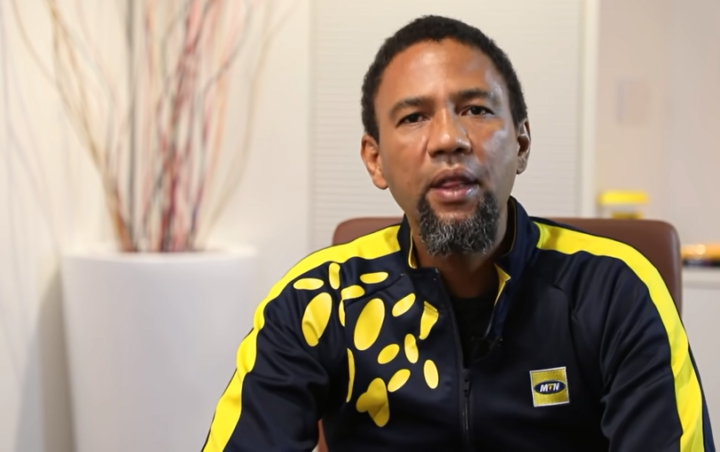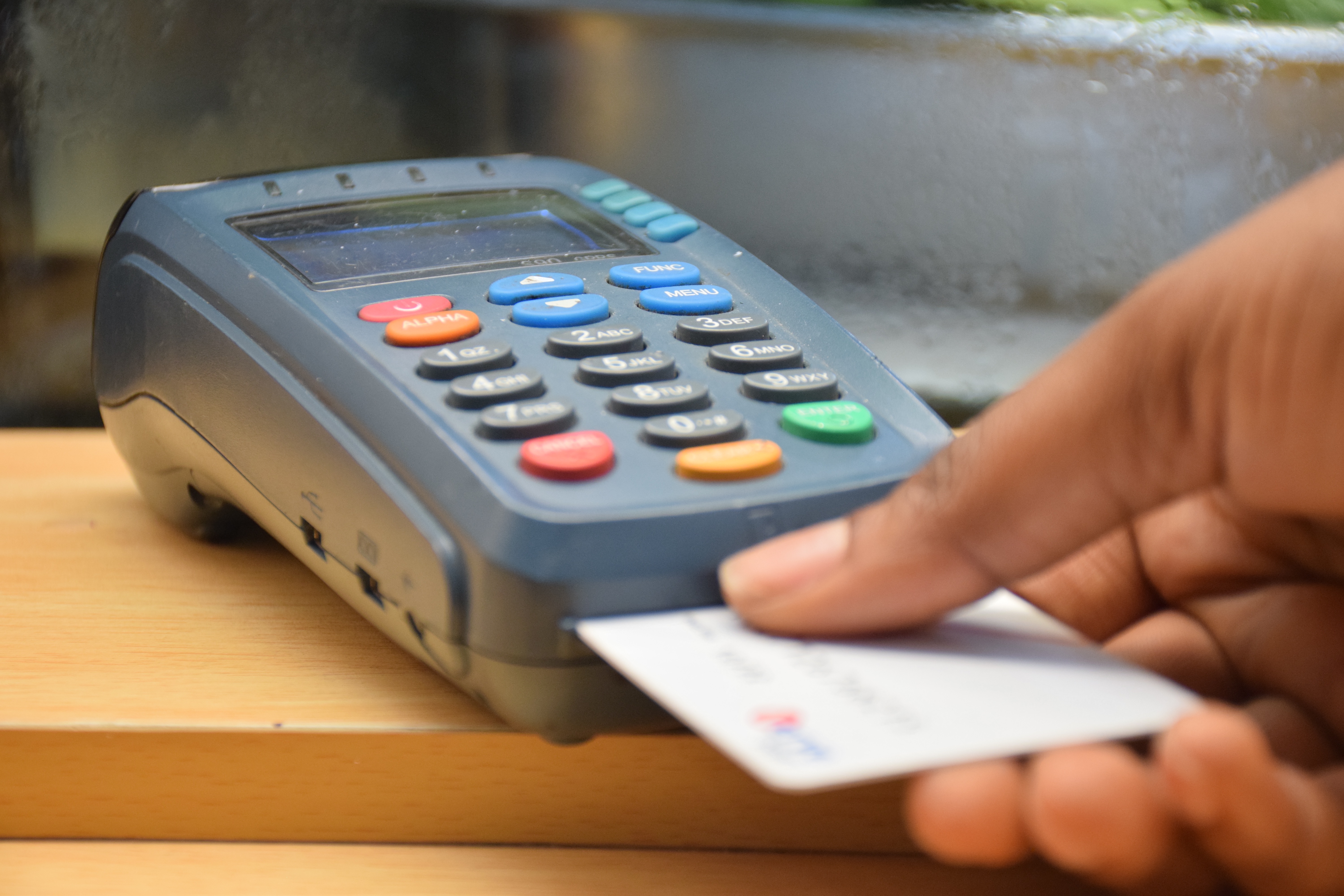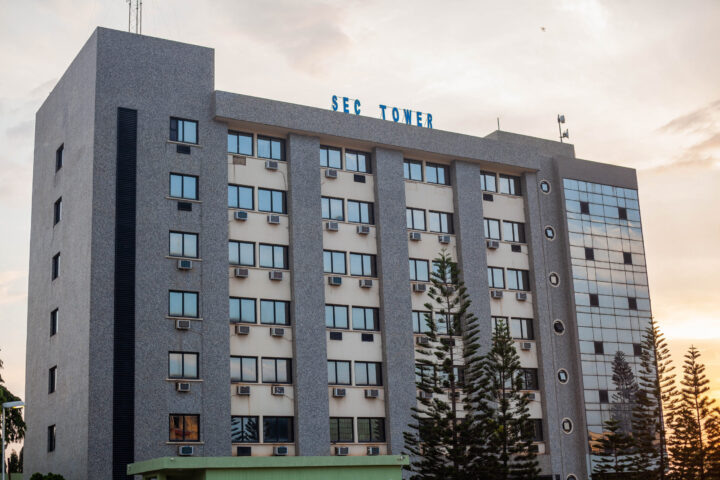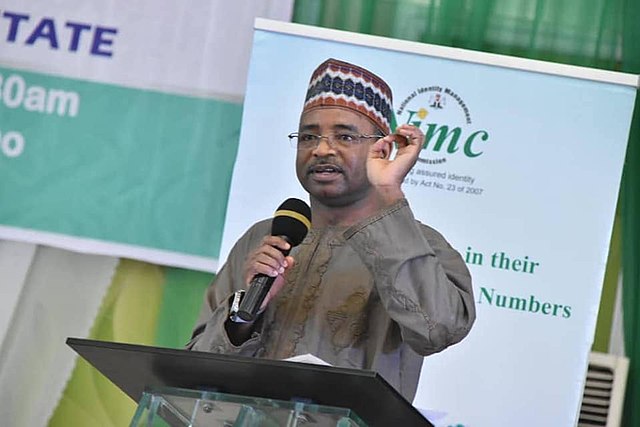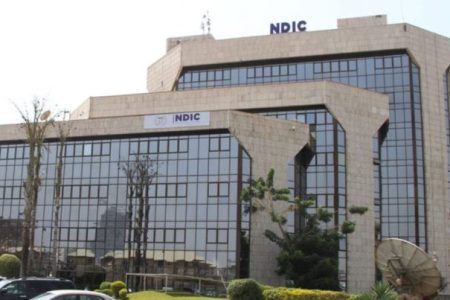The industrial action by freight forwarders at Lagos Ports is worsening the plight of maritime stakeholders as over 12,000 imported vehicles are trapped.
By implication, this means that demurrages are piling up as the cargoes continue to remain unattended to at the port.
Last week, TheCable reported how exporters are re-routing cargoes to Port Harcourt and Calabar ports as congestion hampered business activities at the Lagos port.
The Ndigbo Amaka Progressive Association and Southeast Lagos and Shippers Association of Lagos (SALS) said that over 12,000 imported vehicles are currently trapped at the ports as a result of the ongoing strike action embarked upon by clearing agents over the e-valuation policy introduced recently by the Central Bank of Nigeria.
Advertisement
Ndi Igbo-Amaka is an amalgamation of 58 market associations controlling Igbo-dominated markets around Nigeria.
Freight forwarders at the Lagos Ports recently began an indefinite strike following the expiration of a 72-hour ultimatum given to the federal government to review its electronic valuation system for imported vehicles and cargoes.
The associations said the trapped vehicles incurred about N600 million in demurrages and other charges.
Advertisement
Afolabi Adeleke, a car dealer, told TheCable that the strike action is affecting businesses, adding that some of his cargoes are still at the port.
He advised parties to find common ground.
At a press briefing on Wednesday, Jonathan Nicol, president of SALS, said the Vehicle Identification Number (VIN) valuation policy must be discarded and suspended.
“They must make sure that all the trapped vehicles are given accelerated clearance from the ports without major demurrages because the challenge was not created by importers,” The Punch quoted him as saying.
Advertisement
“These 12000 vehicles attract daily demurrages and shipping line charges and that is quite enormous and by the time you quantify how much importers are paying for demurrages; it is amounting to over N600m. We cannot continue to accommodate such expenses anymore.”
On his part, Jude Okeke, president, Ndigbo Amaka, said freight forwarders have difficulties with the NCS and other government agencies in the clearing of their consignments.
TheCable understands that the major challenge with the e-valuation is the cost implication.
Emmanuel Ogu, immediate past national chairman of the Association of Nigerian Licensed Customs Agents, said the new arrangement (e-valuation) cost an agent about N800,000 to clear a vehicle instead of N300,000.
Advertisement
According to him, instead of N300,000 or 400,000, it could be as high as 800,000 with the e-valuation system.
“E-valuation is not tenable. It is not tenable at all. The importers will be affected. The end-users will be affected, the agents will be affected, and it is not going to work well for this nation,” he said.
Advertisement
Add a comment

